bell hooks’ Spiritual Vision
by Nadra Nittle (Fortress Press, 2023)
Writer, scholar, and public intellectual bell hooks is known as a feminist, not a theologian. However, hooks had a deep spirituality that informed her life and work. In bell hooks’ Spiritual Vision: Buddhist, Christian, and Feminist, Nadra Nittle offers an insightful and carefully researched vision of hooks’ complex and fascinating spirituality.
Hooks, who died in 2021 at the age of 69, described herself as a “Buddhist Christian.” Born and raised in rural, racially segregated Kentucky, she was influenced early on by experiences at the Black Baptist congregation where she sang in choir and publicly recited scripture—and by her connection with a Catholic priest she met through high school ministry.
In one section, Nittle explores how hooks’ spirituality was formed by her maternal grandmother Saru’s practice of the “old ways.” These folk practices, called “hoodoo,” were developed through cultural exchanges between African Americans and Native Americans. While many white Christians demonized hoodoo, it offered hooks a noninstitutional belief system that honored ancestral wisdom and didn’t limit women’s involvement. As an adult, hooks was also influenced by Vietnamese Buddhist monk Thich Nhat Hanh, whose ideas about active nonviolence helped inspire Martin Luther King Jr.’s work.
At the center of hooks’ spirituality is an uncompromising commitment to love that leads to liberatory action. In All About Love: New Visions, hooks discusses her own journey of healing from childhood abuse along with her opposition to racism, sexism, capitalism, imperialism, materialism, and homophobia. She presents a compelling vision of “love as a force for revolution.”
Nittle’s book is an inspiring read for those interested in the intersection of politics and faith and the relationship between spiritual practice and the struggle for justice.
—Rhonda Miska
Absolution
By Alice McDermott (Farrar, Strouse & Giroux, 2023)
Alice McDermott’s ninth novel, Absolution, is something of a departure for the award-winning writer. The story revolves around the relationship between two American women and reflects on their time in Saigon in 1963, just as America’s involvement in the Vietnam conflict shifted into high gear. The narrative unfolds via a series of letters between the two.
Whereas most of McDermott’s previous work featured Irish Catholic protagonists in New York City and environs, Absolution takes place in Southeast Asia. But the story still reflects the author’s emphasis on the need for atonement. The story is especially effective in reflecting the naivete of Americans emerging from the complacent era after World War II and grappling with the social upheaval of the 1960s.
These changes are depicted through the eyes of Tricia and her husband, Peter, well-meaning newlyweds who join the ex-pat American community in Saigon. Early in the novel, Tricia echoes the aspirations of many mid-20th-century Americans as she proudly extols her husband’s bona fides. But as Tricia and others look beyond their gated community at the poverty of the local inhabitants, they ponder what it means to live the Beatitudes in such dire circumstances.
Absolution is a poignant reflection on our tendency to ignore the hard challenges of faith and rationalize our failure to respond to suffering. McDermott depicts an exchange between Tricia and a hard-headed Army wife who rejects fundraising efforts in support of suffering Vietnamese children: “The poor you will always have with you. She said it gravely, but also with some smug condescension. Which I suppose is exactly the way Christ said it too. And everyone since.”
Ultimately, Absolution is a haunting treatment of the quest for forgiveness and the world’s woundedness.
—Mike Mastromatteo
Briefly noted:
Women and the Church
By Natalia Imperatori-Lee (Paulist Press, 2024)
Imperatori-Lee examines the history of Christian feminism, the ways women are portrayed in scripture, and the contributions of female theologians.
A Quilted Life: Reflections of a Sharecropper’s Daughter
By Catherine Meeks (Eerdmans, 2024)
Meeks quilts together wisdom she garnered as a Black woman throughout her life, from her father’s sharecropping fields to the academy and beyond.
Come, Have Breakfast: Meditations on God and the Earth
By Elizabeth Johnson (Orbis Books, 2024)
Johnson offers a view of the living God who loves the Earth and accompanies all creatures in their living and dying.
This article also appears in the March 2024 issue of U.S. Catholic (Vol. 89, No. 3, page 39). Click here to subscribe to the magazine.


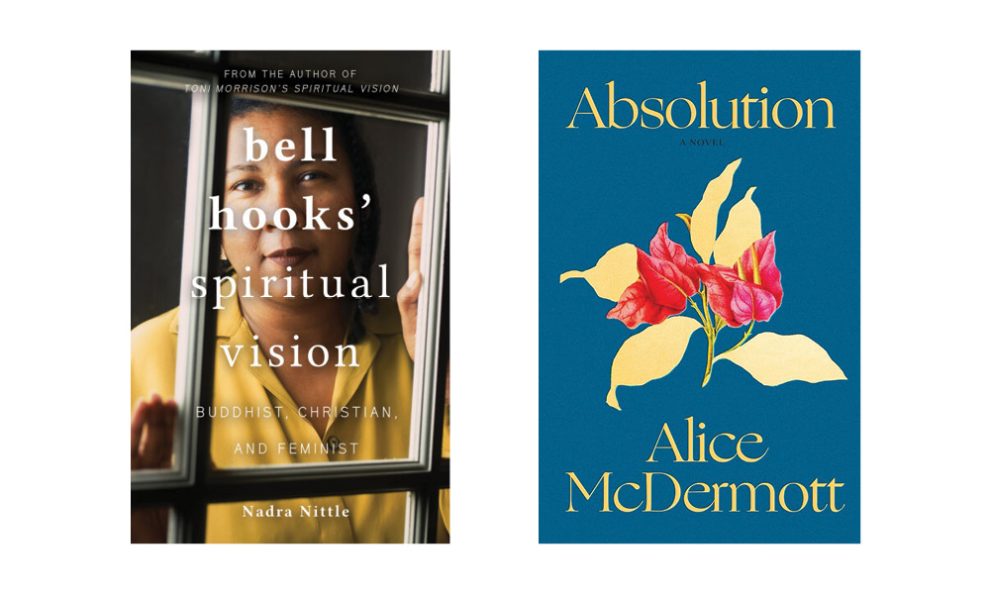
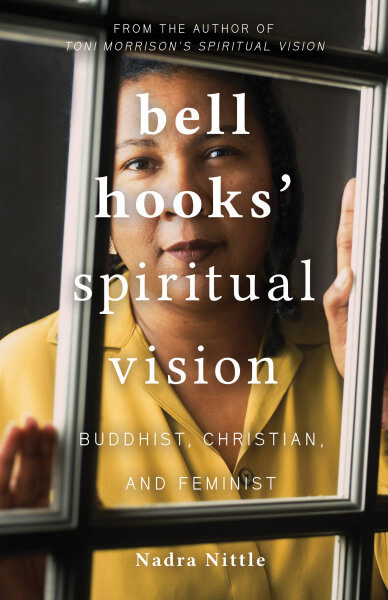

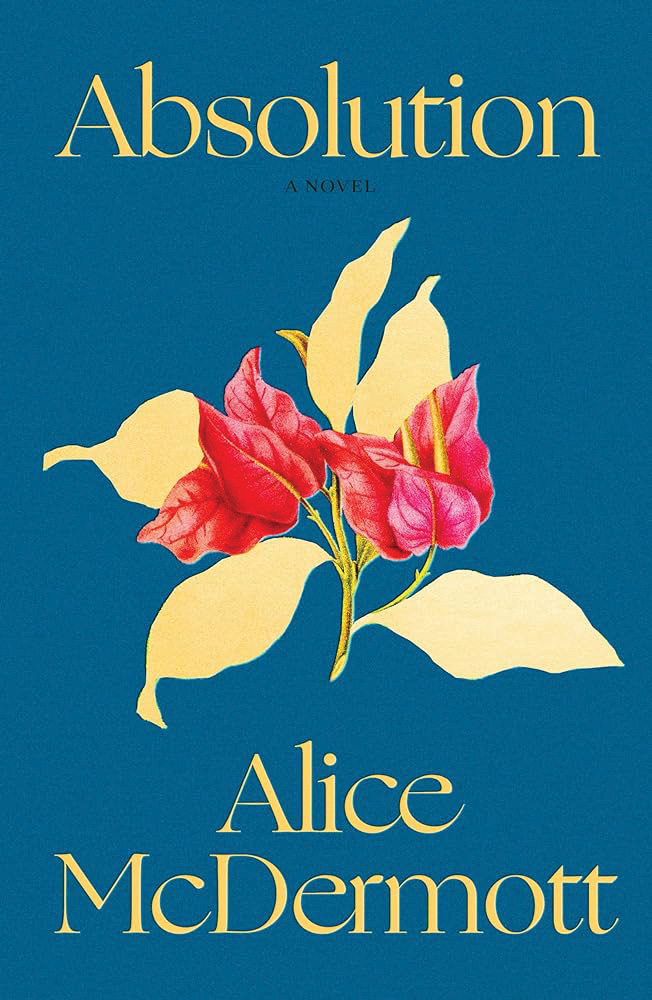
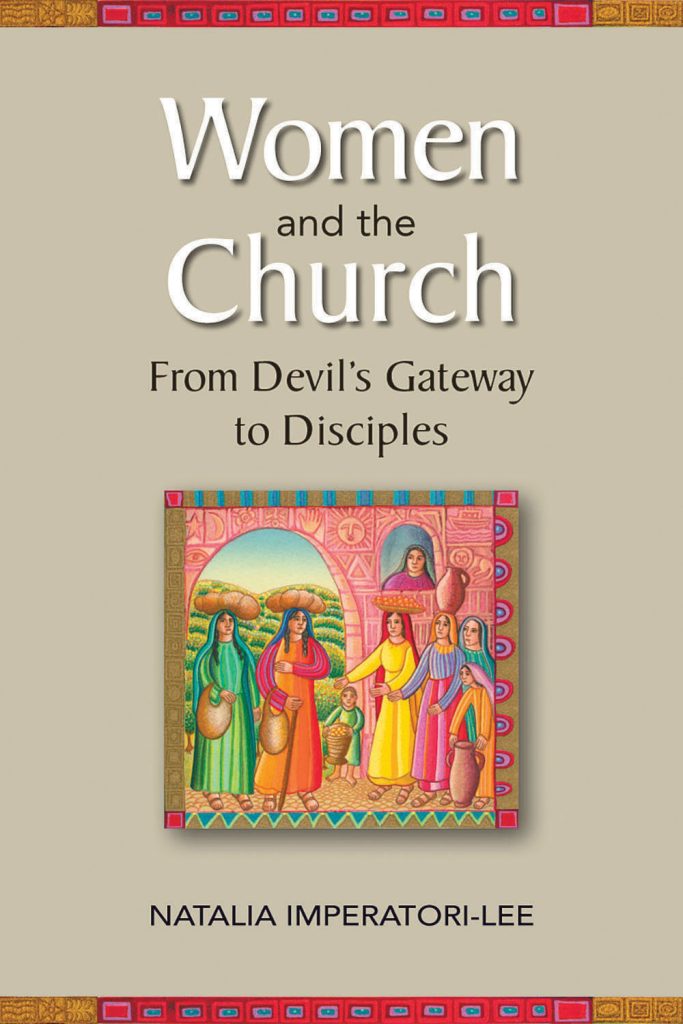
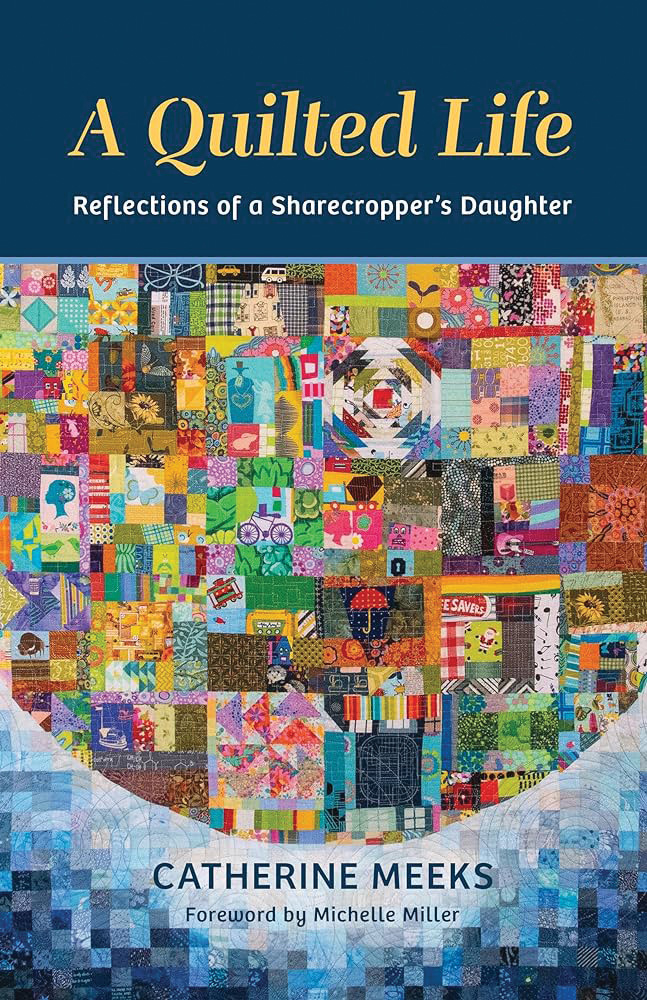
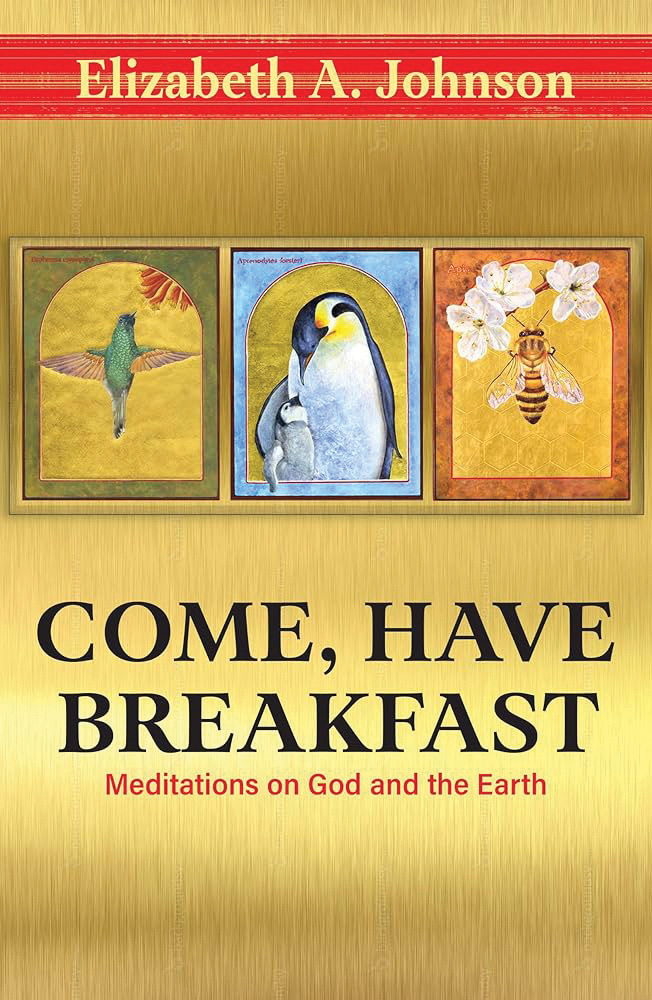











Add comment